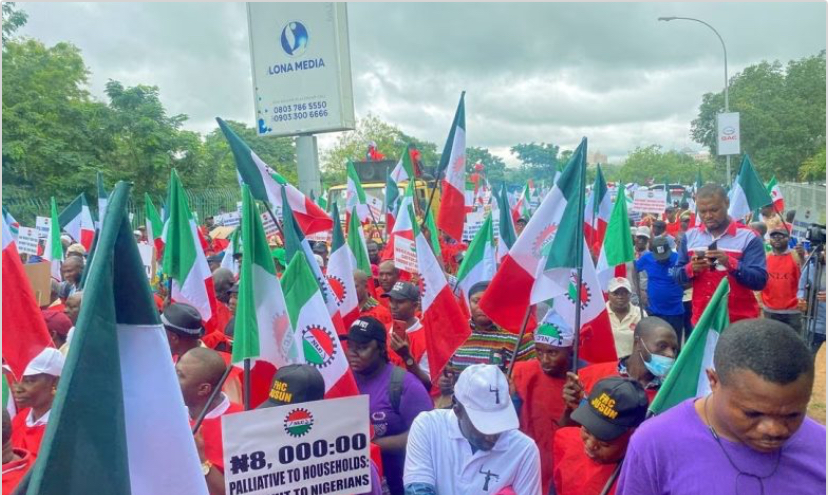Despite widespread opposition, the Federal Government stands firm on its decision to implement a 240 per cent increase in electricity tariff for consumers in the band ‘A’ category.
The decision, announced on Friday, sparked backlash from various quarters, including the Nigeria Labour Congress (NLC), which described the hike as unjust and vowed to resist it.
The NLC criticized the government for prioritizing the directives of international financial bodies over the welfare of its citizens, warning of dire consequences if the hike persists.
Manufacturers and organized labor also condemned the tariff hike, citing potential negative impacts on businesses, inflation, and small and medium enterprises.
The Minister of Power, Adebayo Adelabu, defended the move, citing the unsustainable cost of power subsidy and the need to channel resources to other sectors. He emphasized that the subsidy on electricity would be phased out gradually over three years.
However, the implementation of the tariff hike faced challenges, with reports of discrepancies in billing by electricity distribution companies. The Nigerian Electricity Regulatory Commission (NERC) fined the Abuja Electricity Distribution Company Plc for non-compliance with billing regulations.
Political figures, including former Vice President Atiku Abubakar and members of the House of Representatives Minority Caucus, criticized the tariff hike, calling for its cancellation and urging transparent dialogue to address the root causes of inefficiencies in the energy sector.
Civil society organizations and industry leaders also expressed dismay over the tariff increase, citing its adverse effects on the already strained populace and calling for a focus on improving service delivery before considering further hikes.
